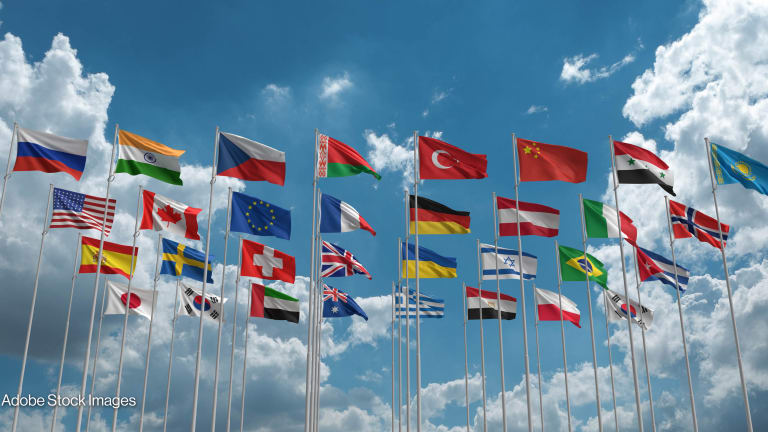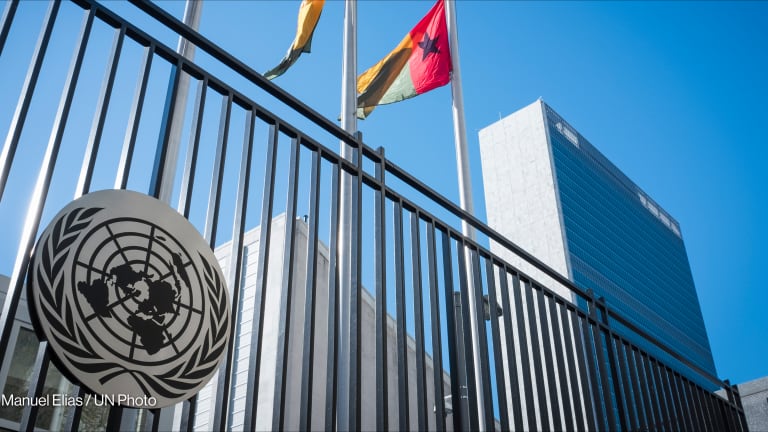Can’t we all just get along?
That is the question world leaders will grapple with this weekend at the United Nations Summit of the Future, a high-level effort to reinvigorate global cooperation at a time of unprecedented pessimism about this generation’s ability to tackle a host of existential global threats — global warming, mass displacement, war, extreme poverty, and pandemics while addressing anxieties about the prospect of an AI-driven technological armageddon.
The summit at U.N. headquarters in New York comes at a time of enormous stress on the global financial and security architecture that staved off world wars since the U.N.’s creation nearly 80 years ago, in the aftermath of World War II. In a sign of the big power divide, the U.N.’s five most influential veto-wielding powers — China, France, Russia, the United Kingdom, and the United States — have ceased holding their traditional luncheon along the sidelines of the U.N.’s annual General Assembly debate.








